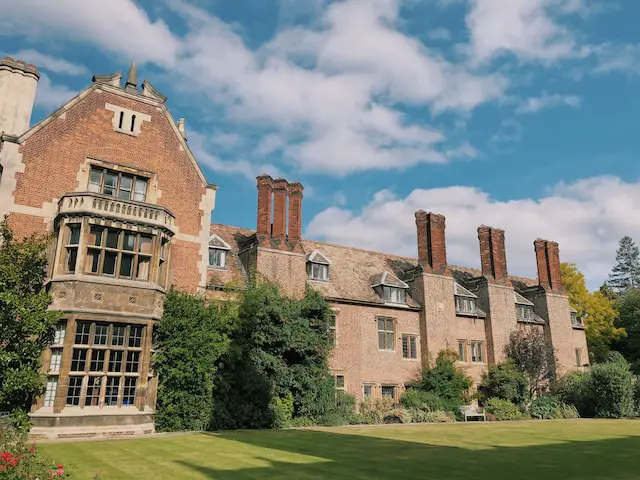Case Western Reserve University (CWRU) is a private research university located in Cleveland, Ohio. It was founded in 1826 and has a long history of academic excellence. CWRU is known for its strong programs in engineering, medicine, and the natural sciences. In this answer, we will explore the pros and cons of attending CWRU.

Pros:
- Strong academics: CWRU is known for its strong academic programs. It consistently ranks highly in national and international rankings, including being ranked #42 in the U.S. News & World Report’s 2021 National Universities Rankings. The university is particularly strong in the natural sciences and engineering.
- Research opportunities: As a research university, CWRU offers many opportunities for students to get involved in research. Undergraduates can work in research labs alongside faculty members and graduate students. This can be a great way to gain experience and develop skills that will be valuable for future careers or graduate studies.
- Location: CWRU is located in Cleveland, Ohio, which is a major city with many opportunities for students. Cleveland has a diverse population and a strong cultural scene, including museums, theaters, and restaurants. The university is also located near the Cleveland Clinic, one of the top medical institutions in the world.
- Career prospects: CWRU graduates have a strong track record of success after graduation. According to the university, 94% of graduates are employed, pursuing advanced degrees, or engaged in other meaningful activities within six months of graduation. The university has a strong career services department that provides students with guidance and support throughout their job search.
- Student life: CWRU has a vibrant student life with many opportunities for students to get involved in campus activities. There are over 200 student organizations on campus, ranging from academic and professional groups to social and cultural organizations. The university also has a strong athletic program with 19 NCAA Division III sports teams.
Cons:
- Cost: CWRU is a private university, which means that tuition and fees can be expensive. The university does offer financial aid to eligible students, but the cost of attendance can still be a barrier for some students.
- Weather: Cleveland has a cold and snowy winter climate, which can be a downside for some students. The winter months can be long and dark, which can be difficult for students who are used to warmer climates.
- Workload: CWRU is known for its rigorous academic programs, which can be challenging for some students. The workload can be heavy, and students may need to dedicate a lot of time to studying and completing assignments.
- Social scene: While CWRU has a vibrant student life, some students may find the social scene to be lacking. The campus can be quiet on weekends and evenings, and there may be limited options for entertainment and nightlife.
- Size: CWRU is a medium-sized university with around 11,000 students. While this can be a positive for some students who prefer smaller class sizes and a more intimate campus community, others may find that the campus feels too small or limited in terms of resources and opportunities.
In conclusion, CWRU is a strong academic institution with many opportunities for students. The university’s location in Cleveland provides access to many cultural and professional opportunities, and its strong research programs can be a great way for students to gain experience and develop skills. However, the high cost of attendance and rigorous academic programs may be a challenge for some students. Additionally, the climate and social scene may not be a good fit for everyone. Ultimately, whether CWRU is the right fit for a student will depend on their individual preferences and priorities.